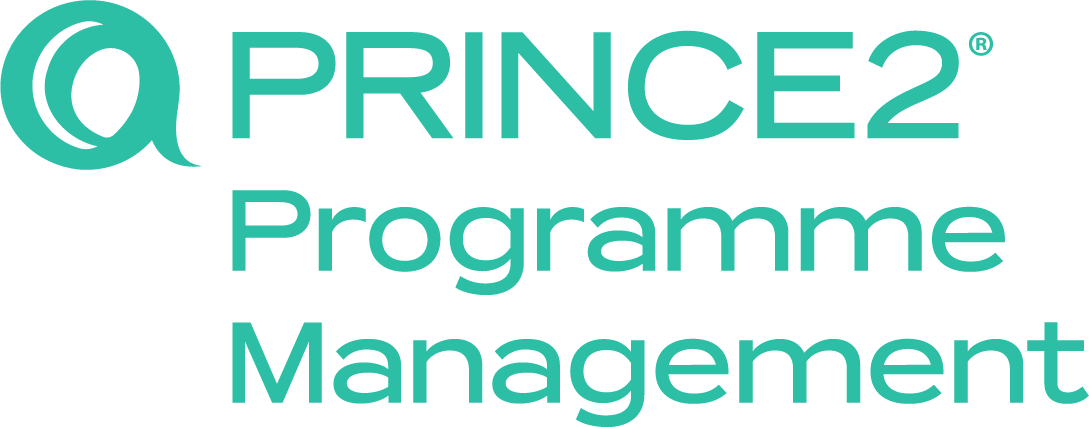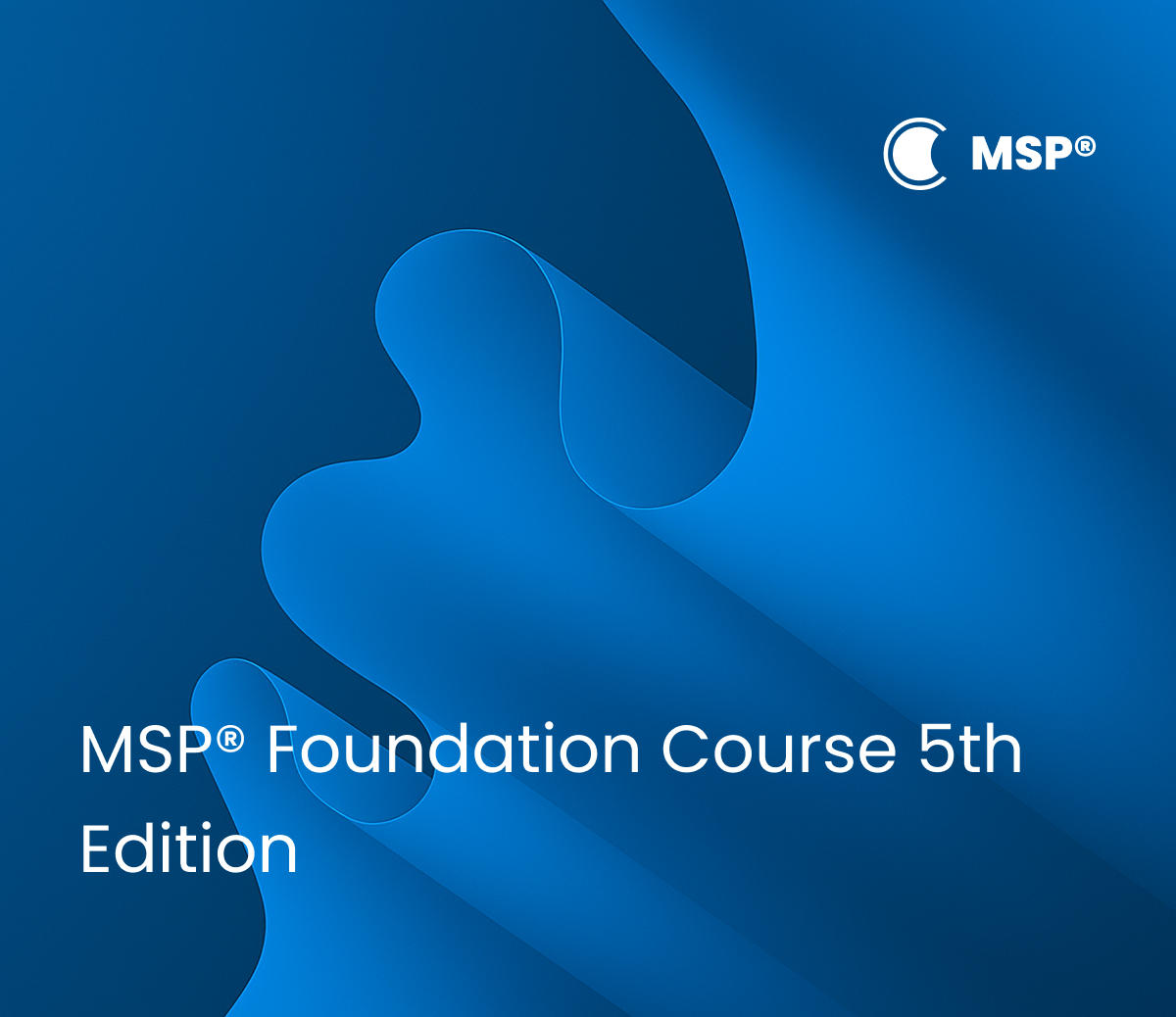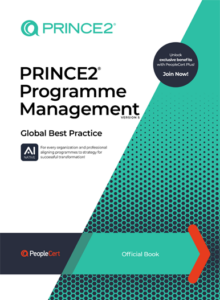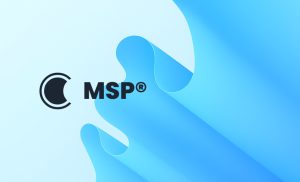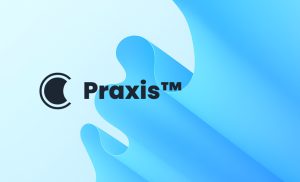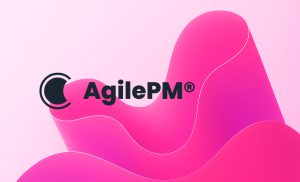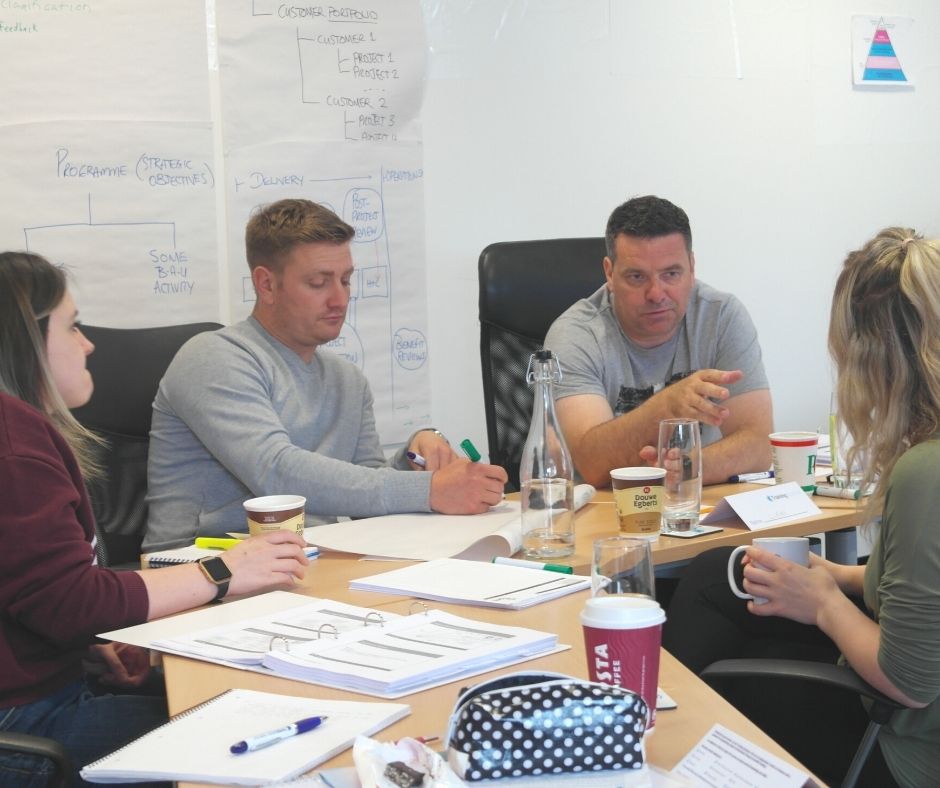MSP® Foundation training in Nantwich
With state-of-the-art training facilities in the heart of rural Cheshire, courses at our Nantwich head office are a viable alternative to travelling to a larger city.
During the day, your training will be delivered at our brand-new offices. There is free onsite parking, as well as free Wi-Fi and a separate room for breakout sessions, lunches, and refreshments.
Before the course
Once you’ve booked your place on the course, you will receive a confirmation email and then a booking form for you to sign. You will have the opportunity to inform us of any dietary requirements, any additional needs and any reasonable adjustments for your exams.
A thorough, clear and professional course support pack with stationary including pre-course materials and further instructions for the course will be sent three to four weeks before the course commences.
During the course
Each day, the course will start at 9:00 in the morning.
You will be guided through the course syllabus by one of our expert trainers, who will help to ensure that you understand all the information. There will be questions and activities throughout the course to reinforce the learning.
The trainer will be on hand in the evenings to answer any further questions that you may have about what you’ve covered that day.
You can sit your exam on the last day of the course, or you can defer the exam and take it online at a later date. However, we would encourage you to take them as soon as possible whilst the information is still fresh.
There will be a break at around 10:30, and another at 14:30, with lunch at 12:30.
Lunch is ordered from a local company who provide an array of sandwiches, fruit, scones and a different selection of cakes each day. Crisps, breakfast bars and chocolate bars are also provided throughout the day. Tea, coffee, hot chocolate and water are available.
Travel, parking and directions
There is free parking at the Training Bytesize offices where the training centre is located. If you are staying at The Cheshire Cat Hotel, there is also free parking for guests.
If you’re driving, here are the addresses you might need:
- To the Training Bytesize Training Centre: Sat Nav Postcode CW5 6GD; 5 George House, Princes Court, Beam Heath Way, Nantwich, Cheshire CW5 6GD.
- To The Cat Hotel: Sat Nav Postcode CW5 5ED; The Cheshire Cat, 26 Welsh Row, Nantwich, CW5 5ED. Tel. 01270 623020.
If you are travelling by train, you can arrive at either Crewe or Nantwich train station.
Crewe train station: It’s around seven miles from Crewe train station to Nantwich, so we usually recommend getting a taxi to the training centre, which should take around 15 minutes. There are usually taxis waiting at the station or you can book one in advance. If you’d like further information, please contact us on 01270 626330 and we’ll be happy to help.
Nantwich train station: There are trains from Crewe to Nantwich every hour and Nantwich train station is located just five minutes away from the town centre on foot. It’s a 25-minute walk to the Training ByteSize training centre, or just five minutes in a taxi. It’s a small unattended station, so you will need to book any taxis in advance. Please contact us for more details.
Residential Nantwich courses
If you don’t want to travel back and forth but still want the in-person training experience, we offer residential courses where you can stay at a local hotel – The Cheshire Cat – for the duration of the course. This accommodation is included in the price of the residential option.

